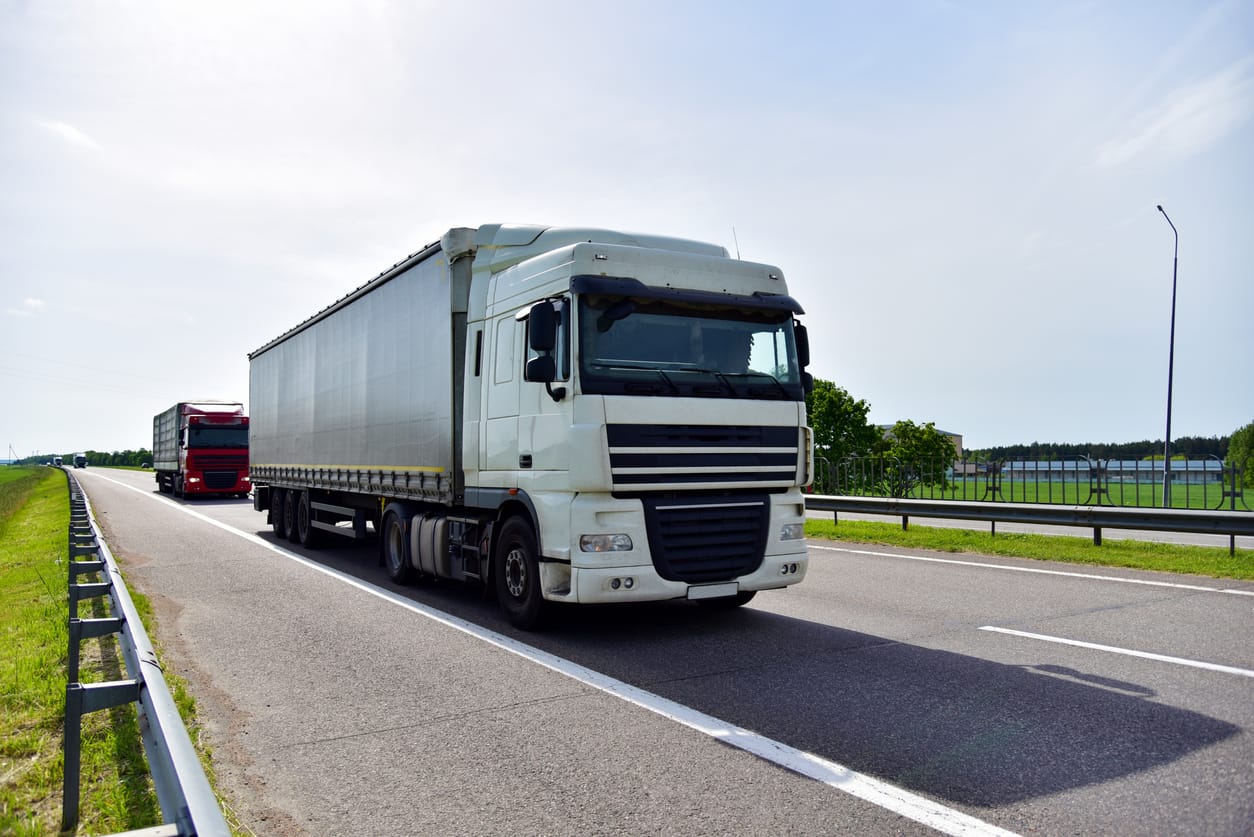In this country, shipping goods is important. Ground transportation includes shipping over the road or between different transport modes, including trucks and rail. What kind of transportation is best for getting your freight where it needs to go, intermodal or over the road? Each mode has its pros and cons, and different situations call for different ones.
Intermodal vs. OTR freight shipping is one of the most talked about topics. Many shippers only use trucks and vans to move their goods because that is what they know, and it works. Traditional over-the-road (OTR) shipments could be switched to rail, saving a few hundred dollars per load.
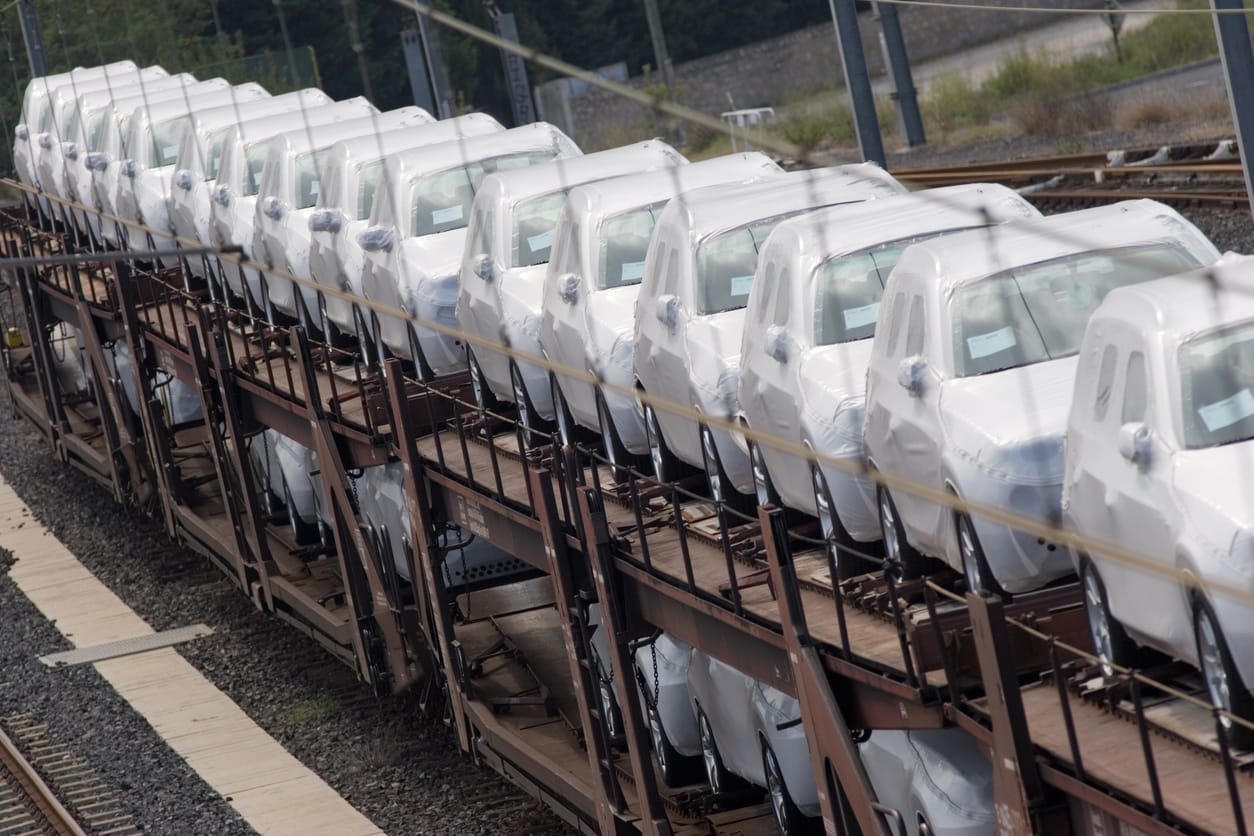
Drayage, another name for intermodal trucking, is the practice of a driver transporting cargo to and from a port or rail facility in preparation for a subsequent leg of the journey. Carriers will transport containers on their own accord rather than using dry trucks.
Intermodal shipments typically travel from the train to a warehouse and back to the rail. This is the initial or final mile of a container’s journey between two locations. For most of the journey, this mode of transportation uses the ports and railroads across the nation.
Although it has a bad reputation as being outmoded, traveling by rail is more ecologically friendly and economical than traveling by car. One gallon of gasoline can carry one ton of freight 475 miles on freight trains. Tractors, on the other hand, often get around 7 miles per gallon. Driving intermodal rather than over the road would reduce fuel expenses and keep drivers near their starting point.
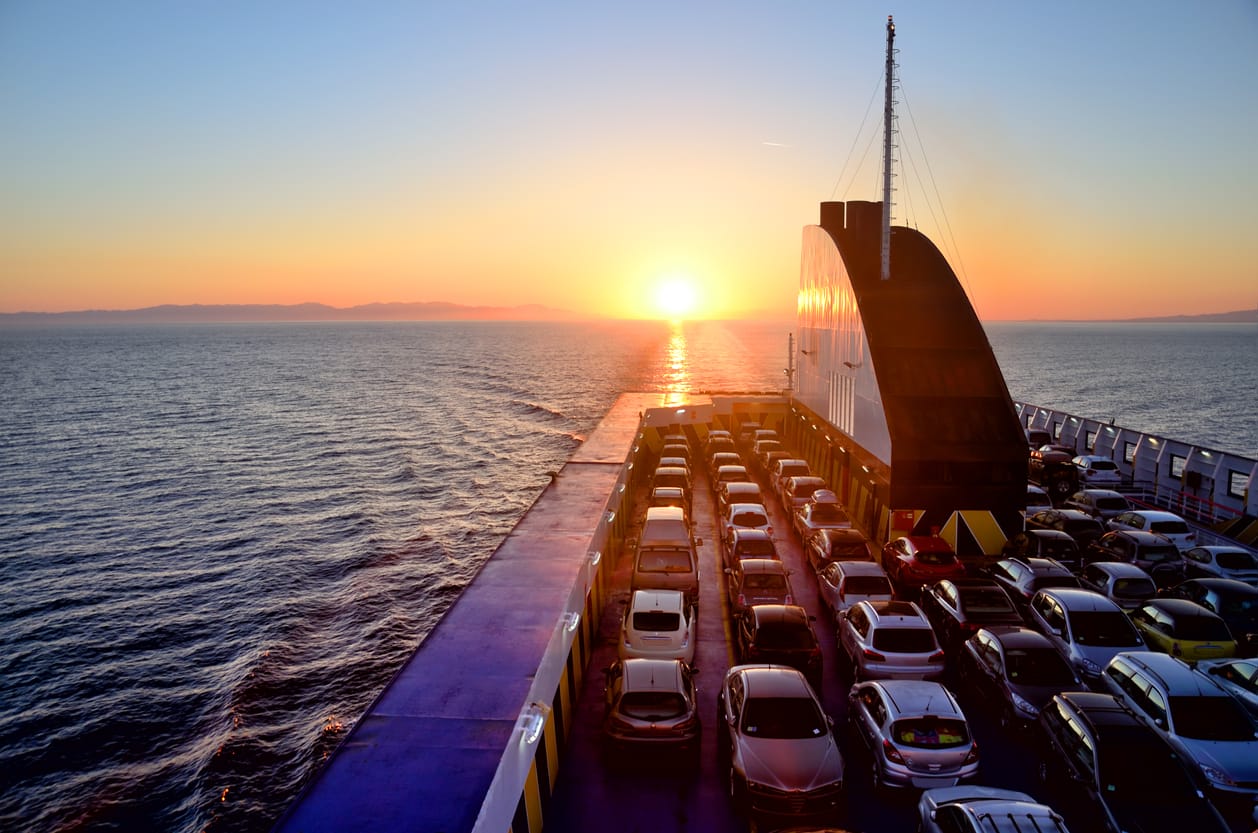
A cross-country trip that puts the driver on the road for a long time and distance from home may be included in your mental picture of a trucker’s life. That situation perfectly sums up what over-the-road (OTR) trucking is.
Freight exclusively delivered across vast distances by vehicle is over-the-road transportation. Driving hundreds of miles over multiple days while transporting various cargo is a requirement of OTR transportation. As a primary ground transportation alternative, over-the-road transit is suitable.

When comparing trains to trucks, over-the-road freight shipping is preferable. Due to the lack of set railway timetables, routes, time frames, or cargo categories, OTR shipping is flexible. OTR transportation can handle heavy cargo loads and transfer any over-the-road freight anywhere and whenever necessary.
Transportation via road is dependable and effective. OTR transportation benefits from the safety and security of OTR freight. When the cargo is not watched, the driver keeps an eye on valuable goods, as opposed to trucking or rail transit.
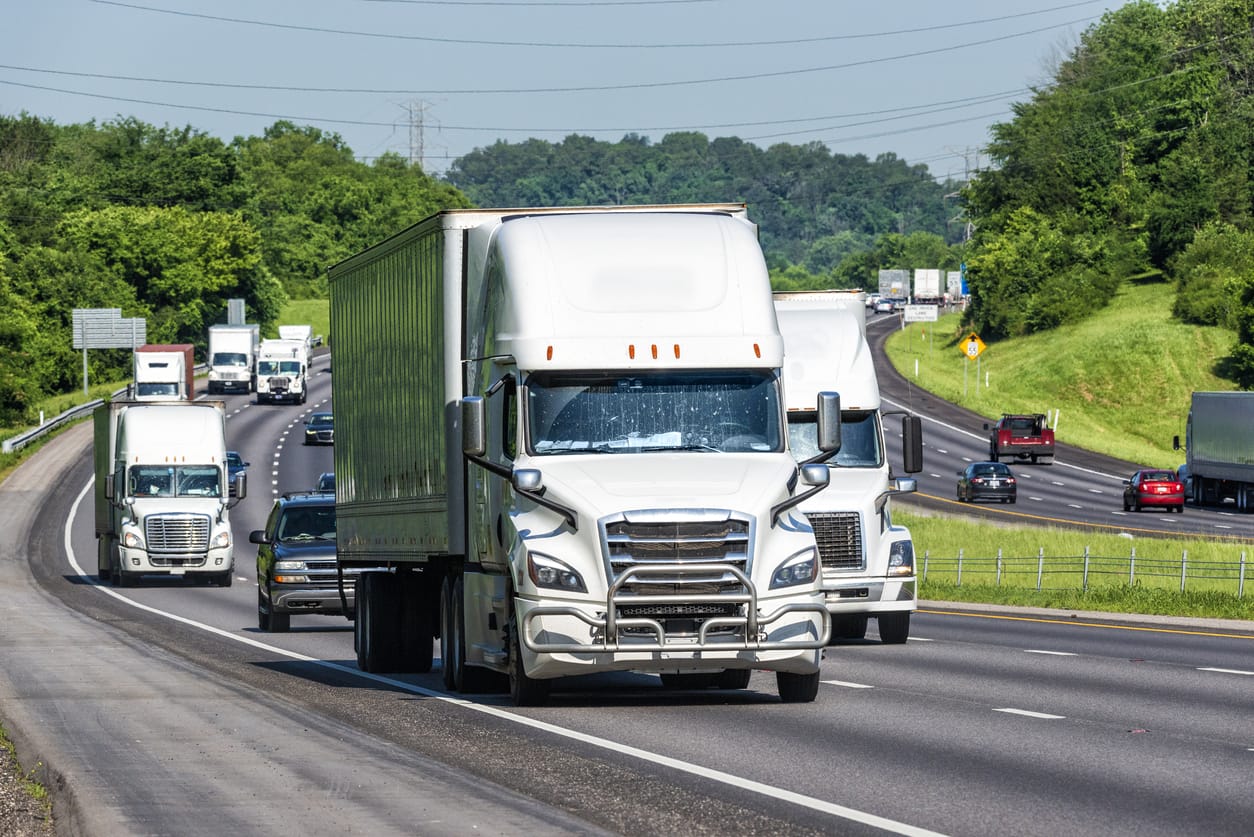
Despite how good OTR shipping sounds, there are some downfalls to using it. Let’s take a quick look at some of them below.
- The trucking market is tight in 2018 because there aren’t enough drivers, and there’s a lot of demand for shipping services. It’s not easy to find a truck that is qualified, reliable, and willing to move your product.
- More and more people are driving on the roads, which causes traffic jams and car accidents. Deliveries to large cities now cost more because drivers are less productive there.
- If the lack of infrastructure isn’t fixed, OTR transportation will have huge problems with safety and efficiency. As the need for transportation services grows, truckers have to deal with this is one of the biggest problems
- Regarding OTR freight, especially LTL, loading and unloading tend to happen in more places than rail. This means there are more chances for damage.
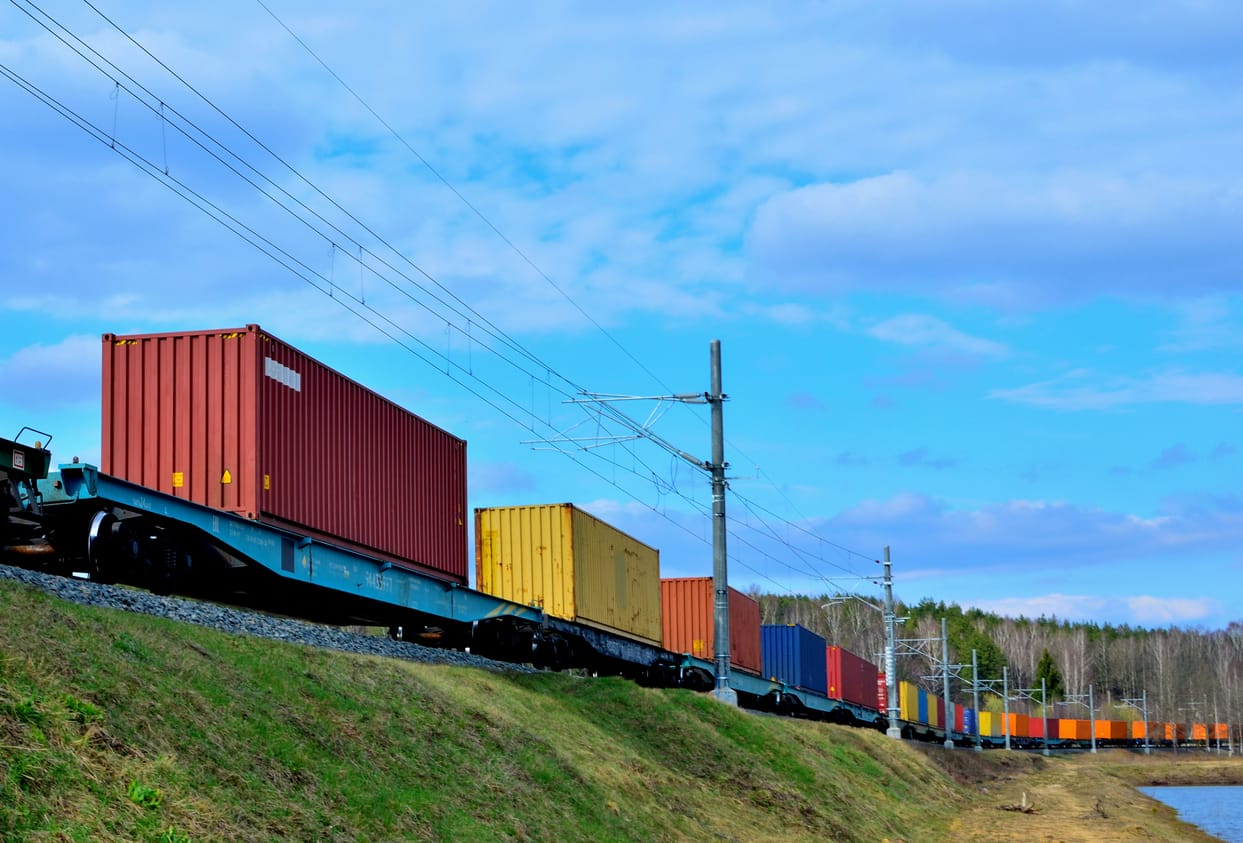
If there are no time limitations, rail freight provides benefits over trucking or intermodal cargo shipment. When comparing trains to trucks, intermodal freight shipment by rail may be both efficient and affordable. Rail shipping is more ecologically friendly than trucking.
Trucks require more fuel than trains. Therefore transporting by rail instead of truck can reduce greenhouse gas emissions by 75% while reducing highway traffic congestion. When comparing trains versus trucks for moving freight, trains’ ability to carry large weights is an advantage. Additionally, there are drawbacks to intermodal freight shipping.
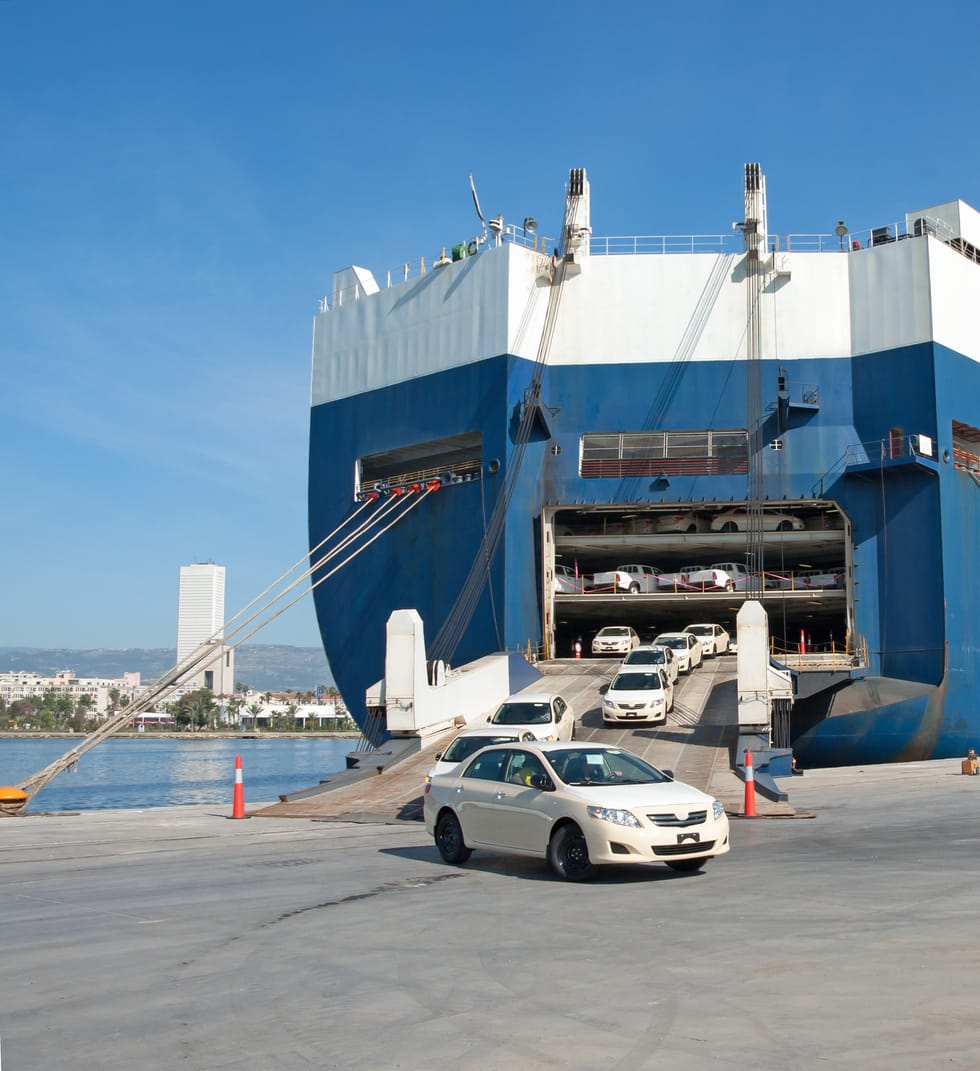
There are specific intermodal freight transportation difficulties worth mentioning in the argument between trains and trucks.
- Rail transit might be slower than OTR transport as compared to vehicle shipment.
- When compared to a truckload, intermodal routes and schedules are rigid.
- Train technical failure, crowded rail ramps, a shortage of rail services, and a train’s incapacity to reroute compared to OTR transportation are some issues with trains compared to trucks.
- Railroads don’t emphasize a particular intermodal cargo container, whereas over-the-road transportation is more individualized. Transporting freight intermodally necessitates additional preparation.
Regardless of the shipping type, SAC transport is here to help. Give Ship A Car a call today at (866) 452-3657 to get more information regarding your shipment and a free no-obligation quote.
